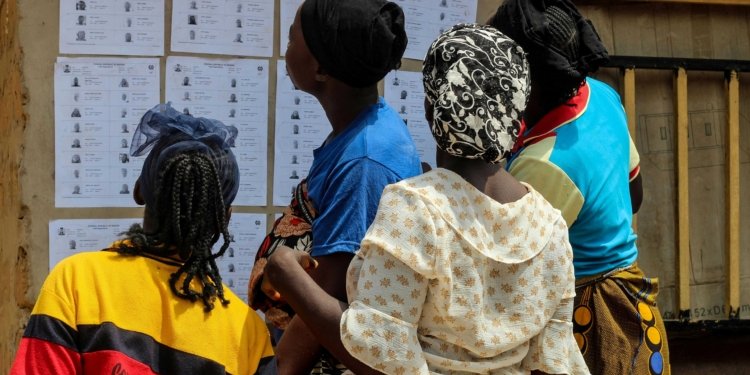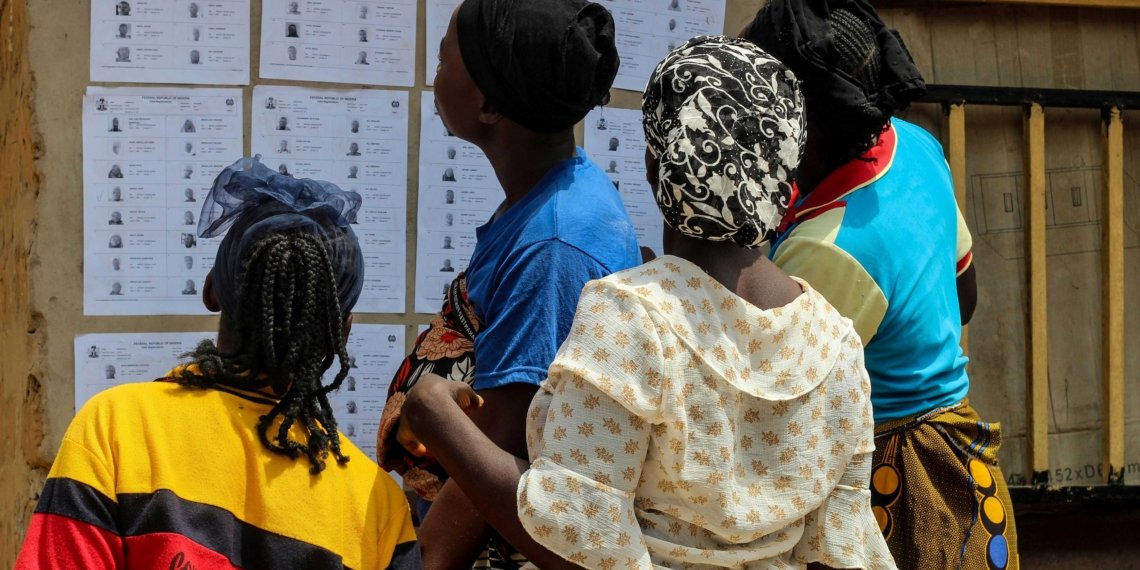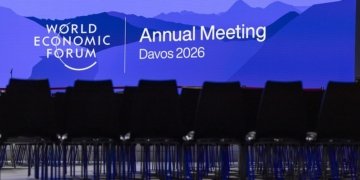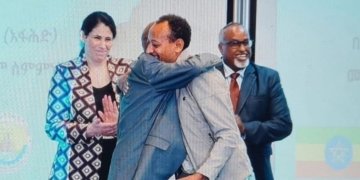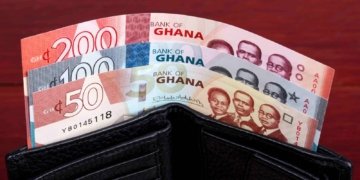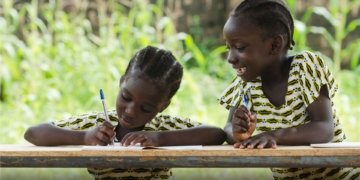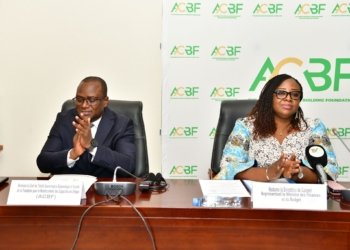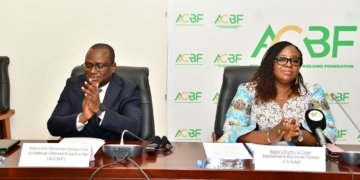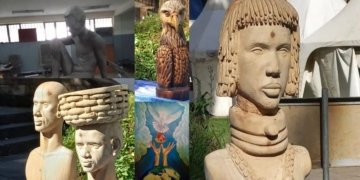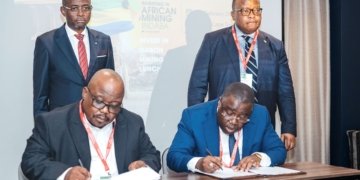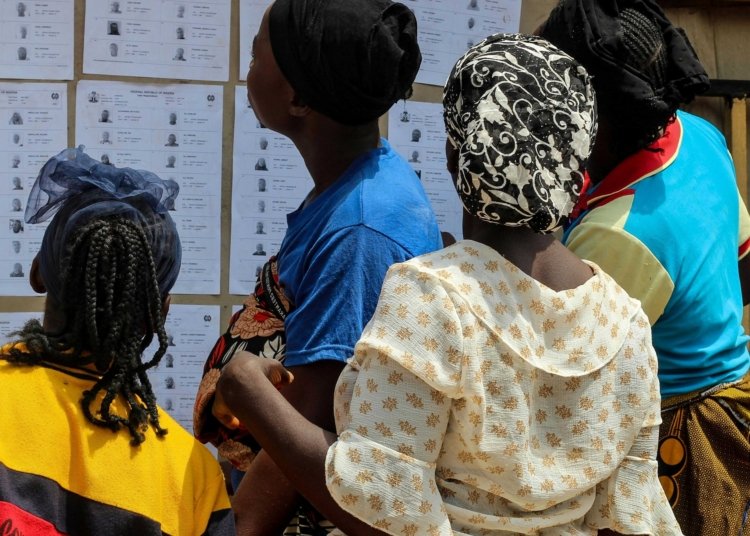Africa has often found itself in the headlines for the wrong reasons during and after elections, with disputed results, post-election violence, and democratic backsliding that undermine the continent’s progress.
In 2007, Kenya teetered on the edge of chaos as ethnic politics turned neighbor against neighbor. Sadly, this was not an isolated incident. From West to East, the continent’s diversity, often seen as a strength, has often been twisted into a tool for ideological battles, ethnic mobilization, vote buying and clientelism.
As countries like Cameroon, Ivory Coast, the Central African Republic, Malawi, Seychelles, and Tanzania go to the polls before the end of 2025, the stakes could not be higher. The ballot box remains one of the most powerful tools Africans have to shape their future. How that power is used or misused will determine whether elections become a bridge to unity or a trigger for division.
Diversity has long been manipulated as a divide-and-rule tactic. Citizens must understand the real power of a single vote and how it can be used to reward good leadership and punish bad governance.
Elections Sit at the Heart of Democracy
Elections give people the chance to choose leaders who will make decisions and policies on their behalf. For citizens to choose leaders who are accountable, they need to be well-informed. They must ask whether their lives have improved and understand what each candidate stands for.
In much of Africa, however, politics is still shaped more by ethnicity and tribal loyalty than by ideas and policies. Ethnic identity offers an easy shortcut for voters, and politicians know how to exploit it.
Take Cameroon. The Anglophone crisis in the Northwest and Southwest regions has laid bare the divide between French- and English-speaking communities, deepening political grievances along ethnic lines.
Tribalism has also been used as a tool of exclusion, with opposition leader Maurice Kamto often sidelined. As the October 2025 election approaches, the contest is being framed less as a clash of visions and more as a showdown between Paul Biya’s Bulu group, in power since 1982, and Kamto’s Bamileke community.
This pattern repeats itself across the continent. In Kenya, politics has long revolved around the rivalry between Luos and Kikuyus. In Rwanda and Burundi, the Tutsi-Hutu divide has left deep scars. In Sudan and beyond, tensions between Arabs and Black Africans continue to fuel unrest. These divisions have been manipulated not only to sow discord but also to shape voting behavior.
Do Africa’s younger generations understand the power of one vote? Africa is changing, with young people increasingly educated and globally connected. Still, one core truth defines democracy. Each citizen has a single vote. The question is not whether you have that vote but how you choose to use it.
That single vote can be cast in many ways. You can give it to a candidate simply because they share your tribe or religion. You can sell it for cash, a bag of rice, a can of sardines, or the promise of a government job. Or, more meaningfully, you can cast it as a judgment based on what leaders have delivered and what they promise for the future.
Across much of Africa, voting has too often been reduced to ethnicity, patronage, and personal gain. Rather than using the ballot box to hold leaders accountable, many citizens fall back on identity politics or short-term benefits. The result is predictable: leaders win without presenting coherent manifestos or credible policies. Citizens then find it difficult to hold them accountable because their votes were never anchored in ideas to begin with.
Reclaiming the Vote Through Accountability and Action
History offers a clear reminder. In Kenya, it took opposition parties nearly a decade to unite against Daniel arap Moi’s entrenched regime. Why? Because party leaders focused on protecting tribal interests instead of rallying around a common political program. That failure allowed the government to exploit divisions and weaken the opposition, prolonging authoritarian rule. Without clear manifestos and shared platforms, opposition politics became a scramble for ethnic loyalty rather than a contest of ideas.
This is where the true power of a single vote comes in. When citizens read manifestos, demand clarity on policies, and vote based on vision rather than identity, they create the conditions for accountability. A vote grounded in policy forces leaders to serve the nation, not just their tribe or their patrons.
Africa’s rising generation has the education, the tools, and the civic awareness to make this shift. The question is whether they will use their votes to demand change or continue to surrender them to the old cycles of ethnicity and clientelism.
A single vote may seem small, but when cast wisely, it becomes the foundation of democratic accountability. The future of African democracy rests on meaningful elections and voters who choose progress over patronage.
We must begin to treat our vote as a powerful weapon, one that can reward good leadership and punish bad governance. When leaders act in their own interests or fail to deliver on their promises, citizens must be prepared to hold them accountable. However, this can only happen if voters have access to policy information, which is typically found in manifestos.
Every election year, we must assess the state of the nation and ask: Did our leaders deliver? Did they stop the war? Did they provide the free education they promised? Did they improve healthcare or infrastructure? Is my economic situation better? If it’s a first-time candidate, we must judge them by their education, work history, and character.
Ultimately, we must employ both prospective and retrospective judgment to select candidates who will serve the country with vision and reject those who rely on identity politics and clientelism.
We live in an era where information is readily available at our fingertips. No leader or party can hide their record. In a continent as diverse and vibrant as ours, our votes must not be traded for loyalty or tribe, but cast for those who deliver water, build roads, grow the economy, protect our security, and keep the lights on.
Leaders who stoke division weaken the very foundation of our future. Every election is our chance to reward courage and punish failure, to choose unity over division, progress over stagnation. As Ellen Johnson Sirleaf once said, “Ethnicity should enrich us; it should make us a unique people in our diversity and not be used to divide us.”

Vitalis Manjongis a governance and policy expert who holds master’s degrees in international relations from Hacettepe University in Turkey and in governance, development, and public policy from the University of Sussex in England. He serves as executive director of SINEM Afrique Medical and has facilitated numerous workshops on governance, civic engagement, and entrepreneurship. His research focuses on policy and governance in post-conflict settings.
